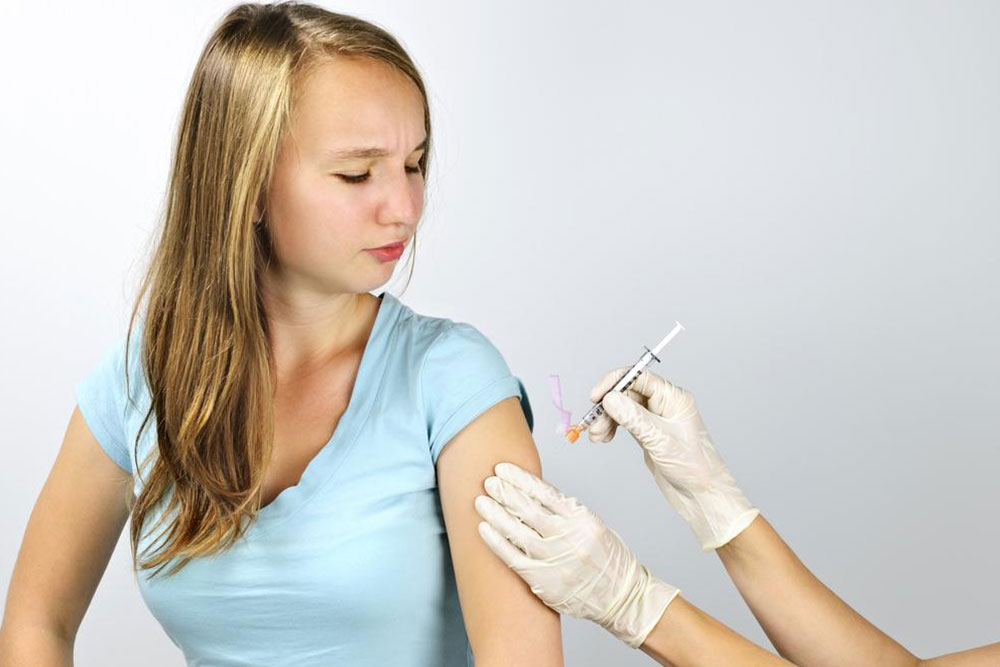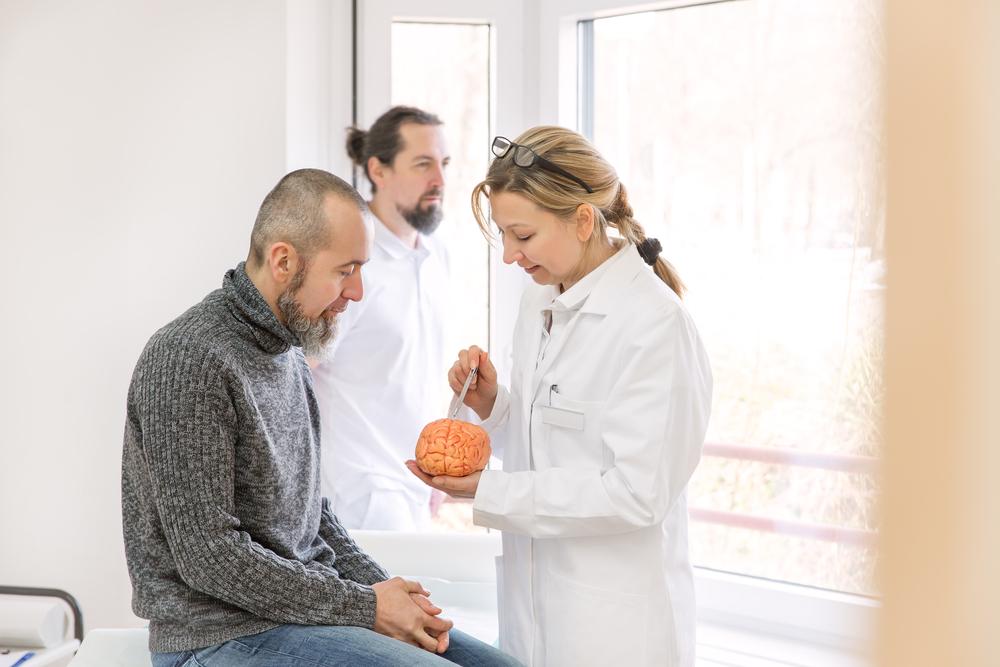Important Things to Know about Meningococcal Meningitis
In meningococcal meningitis, the meninges or the lining of the spinal cord and the brain is infected. The infection can be caused by bacteria or virus. However, the meningococcus bacterium is more commonly known to cause meningitis as well meningococcemia. The bacterium is categorized into five groups known as serogroups: A, B, C, W, and Y. The bacterium is often present in the throat region of many people. It is quite benign.

But, once it enters the bloodstream or the spinal fluid, the disease can cause a lot of damage. One way to protect against this disease is to get the meningococcal meningitis vaccine.
Given below are a few things to know about meningitis and meningococcal meningitis vaccine.
- Although the meningitis bacterium is present in a lot of people, certain sections are more prone to this disease. The most common groups who are at a high risk of contracting this disease are Infants, teenagers, and young adults. It has been observed that people in a community setting, such as a college campus, are prone to meningitis.
- Also, people who lack a spleen in their body, have a deficiency of a complement component, or are infected with HIV can easily contract meningitis.
- Specific geographical regions such as the sub-Saharan African region have frequent outbreaks of meningitis. People who stay in or travel to such regions are prone to meningitis.
- Meningitis does not spread through casual contact or breathing. However, it is contagious through saliva or spits. Meningitis has been known to spread through secretions of the throat or the respiratory system.
- Anyone who is in close physical contact with a patient with meningitis is at a high risk of contracting the disease. Antibiotics treatment or meningococcal meningitis vaccine is advisable for such a person as a preventive measure.
- The meningococcal meningitis vaccine is used to immunize against all five serogroups of the meningococcus bacteria. Although the meningococcal meningitis vaccine does not entirely prevent the disease, it provides protection to a person at a high risk of contracting the disease. Meningococcal meningitis vaccine can be scheduled to be given at different ages.
- Children between 2 years and 10 years of age are given meningococcal meningitis vaccine called Meningococcal conjugate vaccine or MenACWY or Hib-MenCY-TT if they have a high probability of contracting meningitis. The risk may be because of medical conditions, an outbreak of the disease, or because they are traveling to a place where there is a high probability of meningitis. Booster doses of meningococcal meningitis vaccine are given to children in this group if they have a high risk of getting this disease.
- Children between 11 years and 18 years of age are given meningococcal meningitis vaccine through multiple doses. The first dose for this age group is a quadrivalent meningococcal conjugate vaccine or MenACWY. It is between the ages of 11 years and 12 years. It is followed by a booster dose at 16 years.
- If a child gets his first meningococcal meningitis vaccine at the age of 13 years and 15 years, a booster shot is given once between the ages of 16 years and 18 years. Booster shots are not required if the first dose of the quadrivalent meningococcal conjugate is given at the age between 16 and 18 years.
- For adults, meningococcal meningitis vaccine in the form of quadrivalent meningococcal conjugate vaccine (MenACWY) or meningococcal polysaccharide vaccine (MPSV4) is recommended.
- Quadrivalent meningococcal conjugate vaccine (MenACWY) or meningococcal polysaccharide vaccine (MPSV4) is given to an adult if their spleen is removed or damaged or if they have a deficiency of complement component
- If a person is a microbiologist and is frequently exposed to the meningitis bacteria, a dose of quadrivalent meningococcal conjugate vaccine (MenACWY) or meningococcal polysaccharide vaccine (MPSV4) is recommended.
- Anyone who has to stay in or travel to a country where the disease has a high probability of an outbreak, a dose of meningococcal meningitis vaccine is advisable.
- Also, people are a part of a community or demographic with a known high probability of A, C, W, or Y serogroups of meningococcal disease should take the meningococcal meningitis vaccine. Also, a military recruit is advised to take this medicine.
- Another vaccine is the Serogroup B meningococcal meningitis vaccine, which can be given at any age. Children between the age of 10 years and 18 years and adults above the age of 19 years could be given this vaccine. The conditions for this vaccine are same as any meningococcal meningitis vaccine: a high risk of the disease due to medical conditions, use of certain medications, and part of a group known to be prone to this disease.
- Serogroup B meningitis vaccine shots are also given to a person in the age group of 16 years to 23 years for short-term immunity against the bacteria. This can happen because of travel or because there is an outbreak of the disease in the campus or community.
Disclaimer:
The content provided on our blog site traverses numerous categories, offering readers valuable and practical information. Readers can use the editorial team’s research and data to gain more insights into their topics of interest. However, they are requested not to treat the articles as conclusive. The website team cannot be held responsible for differences in data or inaccuracies found across other platforms. Please also note that the site might also miss out on various schemes and offers available that the readers may find more beneficial than the ones we cover.




